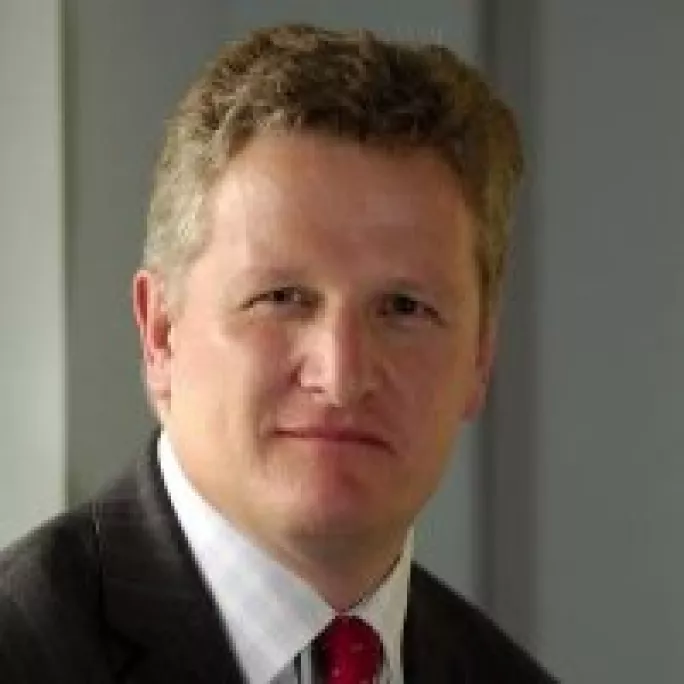‘Whoever becomes the new education secretary, don’t you just know they’ll want to reform exams’
Greg Watson, chief executive of GL Assessment, writes:
In just over three weeks (plus the time it takes to haggle out a coalition, probably), some fortunate individual will enter Sanctuary Buildings as the new secretary of state for education, dreaming of transforming the life chances of a generation.
So what will be in the in-tray?
Well, we might hope it will be full of the things that make the long-term difference: recruiting and retaining great teachers, investing in CPD, encouraging a self-improving education system being driven by great school leaders. The kind of stuff you find in Shanghai, Singapore, Finland or wherever educators next decide the Holy Grail lies.
And yet, don’t you just know already that it will be full of assessment issues: the stuff of quick fixes, easy headlines and surprises on the front page. Should A-level reform be halted to please Cambridge but not Oxford? Is there really life without levels? Will assessment in the early years help those on the wrong side of the attainment gap?
We’ve already had a few pre-election salvos on assessment. Resits for Year 7s one day and vocational qualifications under the spotlight the next, all against a backdrop of using evidence to raise attainment, personalise learning and evaluate what works.
The column inches are secured and I suppose that is the aim, but schools don’t need newspaper copy. They need policymakers to take a step back and take a long hard look at what assessment is really for.
If I were the secretary of state, I’d be trying to figure out some basic principles to help me filter all the noise around assessment. Here are my four:
It’s about pupils. Most assessment in most schools most of the time should be for one purpose only: to help pupils learn by identifying their strengths and weaknesses, tracking their progress or uncovering barriers, then turning that into information that teachers can act on and pupils and parents can understand. Remember the Education Endowment Foundation’s analysis that good feedback to students is among the most effective interventions per scarce pound spent. Resist the temptation to push more assessment into schools just to feed the Whitehall machine.
Assess what matters. The OECD showed last year that there’s a strong correlation between confidence in maths and attainment in maths. So rather than just tracking maths progress, track confidence. Teenagers and their parents are worried about future employment, so assess for skills and talents that will help them to set their sights on future careers. Make sure Her Majesty’s Inspectorate is confident in spotting the value of observational assessment done well.
You can have too much of a good thing. The removal of levels is an opportunity for schools, but the toughest question is not about what to assess or when, but how often. I’ve already seen a couple of schools who are buying in assessments by the truckload, or burning the midnight oil writing their own daily quizzes. You won’t win the Great British Bake Off by opening the oven every other minute to see if the cake is rising. Schools need support and guidance on what is “enough”. So my mantra would be: assess less, but use the results more often. The overworked teaching profession will no doubt support this approach too.
Assessment is a skill, so learn it. Having handed more autonomy to schools, equip teachers with the assessment skills they didn’t get in initial teacher training. Spend a fraction of the time and money you might spend on yet another rewrite of the national curriculum and channel this into a national programme of CPD around assessment and data analysis, with the help of the new Royal College or the Chartered Institute of Educational Assessors.
Having said all that, a wise new secretary of state who wants to make a real difference probably wouldn’t expend his/her time, scarce cash and limited political capital on assessment issues that he/she will never have enough time to get to grips with properly. Better to focus on engaging, promoting and developing the profession and its leaders.
But if that doesn’t provide enough quick wins and easy sound bites, then at least these four principles might guide the eager new minister through those first tricky steps into the assessment jungle.
Keep reading for just £1 per month
You've reached your limit of free articles this month. Subscribe for £1 per month for three months and get:
- Unlimited access to all Tes magazine content
- Exclusive subscriber-only stories
- Award-winning email newsletters




